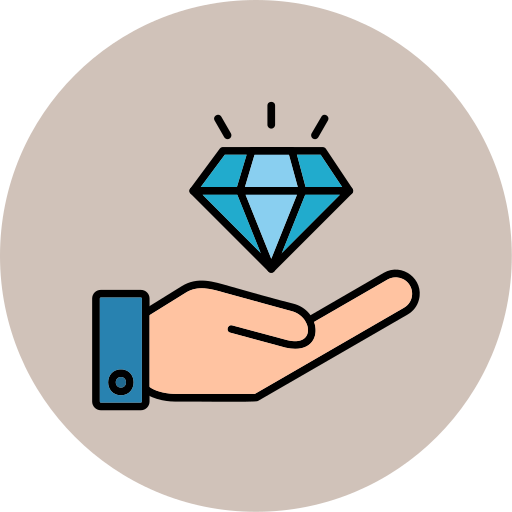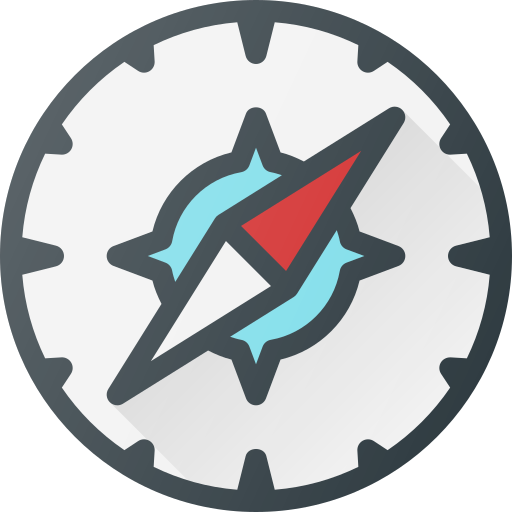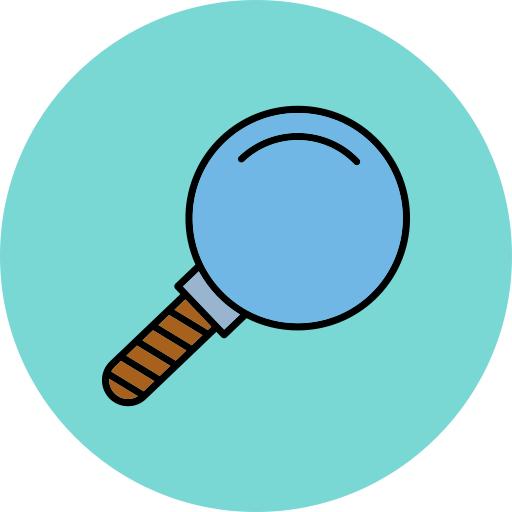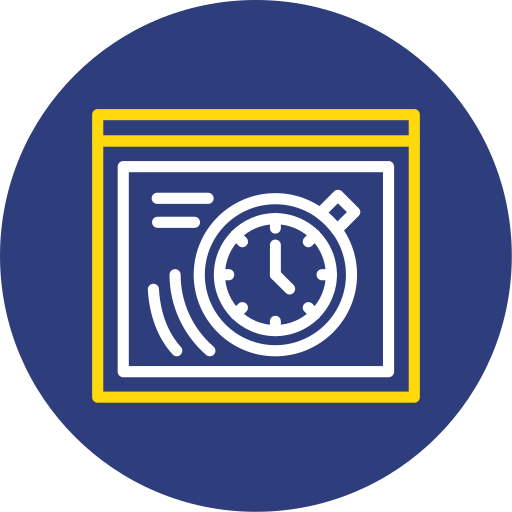Have you been asked in your job to gather information about a topic, review that information, and analyze and interpret the details?
 Photo by ThisisEngineering on Unsplash
Photo by ThisisEngineering on UnsplashThese are all examples of research skills.
Research skillsare the ability to find an answer to a question, or a solution to a problem.
When you have strong research skills in business, you become highly valuable to any employer.

Why are research skills important to companies?
Having strong research skills shows companies that you can come up with original ideas and help the business navigate and succeed in a constantly changing environment.

Employers love research skills!
They help companies with:
Writing reports: Good research helps create clear and detailed reports that guide important business decisions.
Watching competitors: Companies can see what their competitors are doing well and where they are weak, helping them to compete better.
Knowing what customers want: Understanding customer preferences ensures that the company’s products and services meet their expectations.
Improving work: Continuous research helps companies make their processes better and more efficient.
Keeping up with technology: Staying updated with new technologies helps companies stay innovative and competitive.

4 top research skills to advance your career in business
 Photo by Nick Fewings on Unsplash
Photo by Nick Fewings on UnsplashCurious about practical research skills? Here are some examples:
1. Searching for information
Collecting data allows you to gather information to solve problems or confirm facts. @hile it takes time, it presents valuable insights, making it a highly desired ability among recruiters.
 2. Critical thinking
2. Critical thinking
Critical thinking means understanding and analyzing information to make informed judgments, which is essential for making smart decisions in your job or projects. It helps you evaluate options carefully and decide on the best course of action based on evidence and reasoning.

3. Attention to detail
The internet is an endless supply of information. Getting particular, credible, and thorough data takes extensive searching from many sources, showing employers your ability to discover reliable information and solve problems.
 4. Time management
4. Time management
Organizing and scheduling tasks to efficiently finish activities and projects is crucial for assuring appropriate time allocation across data collection, analysis, and assessment in the research process.

Time to test your knowledge!

Emma, a project manager at a marketing firm, is responsible for creating a detailed market research report for a new product launch. She has to collect data, analyze it, and report her findings to the team. Emma aims to deliver practical ideas that will help shape the marketing strategy.
Quiz
Which practical research skills should Emma apply to ensure she gathers the most accurate and valuable information for her report? Choose all appropriate skills:
4 ways to develop research skills for business
Improving research skills is a valuable way to prepare for the workplace and enhance your business career.

1. Keep learning
Even if you're an experienced researcher, challenge yourself by continually improving and trying new techniques to improve your skills.
Learn continuously through:
Social learning: Interact with other employees.
Formal learning: Workshops, formal training, or courses.
Self-guided learning: Find reference materials and resources on your own.
Literature search and management tools, such as Google Scholar, Zotero, Mendeley, and EndNote can assist in finding, organizing, citing, and sharing relevant sources for your research

2. Improve your organizational skills
Good organizational skills mean "that you excel at managing time, energy, space, people, and other occupational resources."
To boost your organizational skills for research:
Schedule your day and manage your schedule.
Clearly define your research goals.
Know when to delegate tasks.
Be a clear and timely communicator.

3. Read widely
A key part of research and analysis is extracting information from different materials. Reading widely improves your data collection skills and helps you form judgments from various sources on different topics.
Let's look at a practical example:

John is a junior analyst who just started working at a consulting firm that focuses on solving business problems using data. Although he's new to the field, John is eager to improve his research skills.
He recently attended a workshop to learn more and started talking with his coworkers to exchange knowledge and ideas. He also spends time on his own finding new resources and staying updated with the latest trends in his field.
Quiz
Which method has John primarily used to develop his research skills?
Take Action
Now that you have learned how to use and improve your research skills, you can impress employers and become an asset to the team!

By adding research skills to your resume and highlighting your research capabilities at interviews, you'll increase your employability and chances for success.
Your feedback matters to us.
This Byte helped me better understand the topic.

